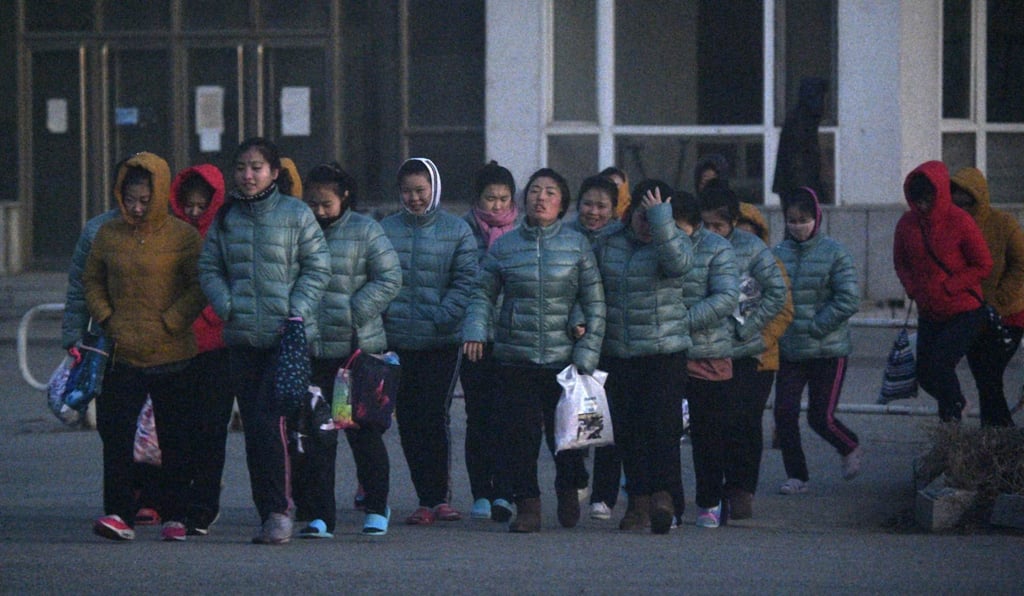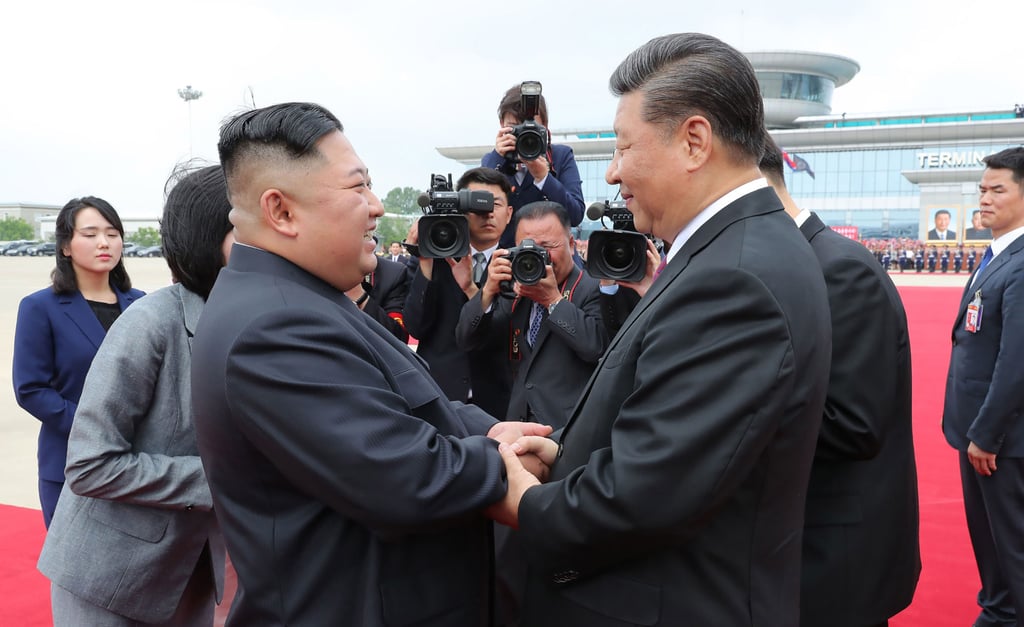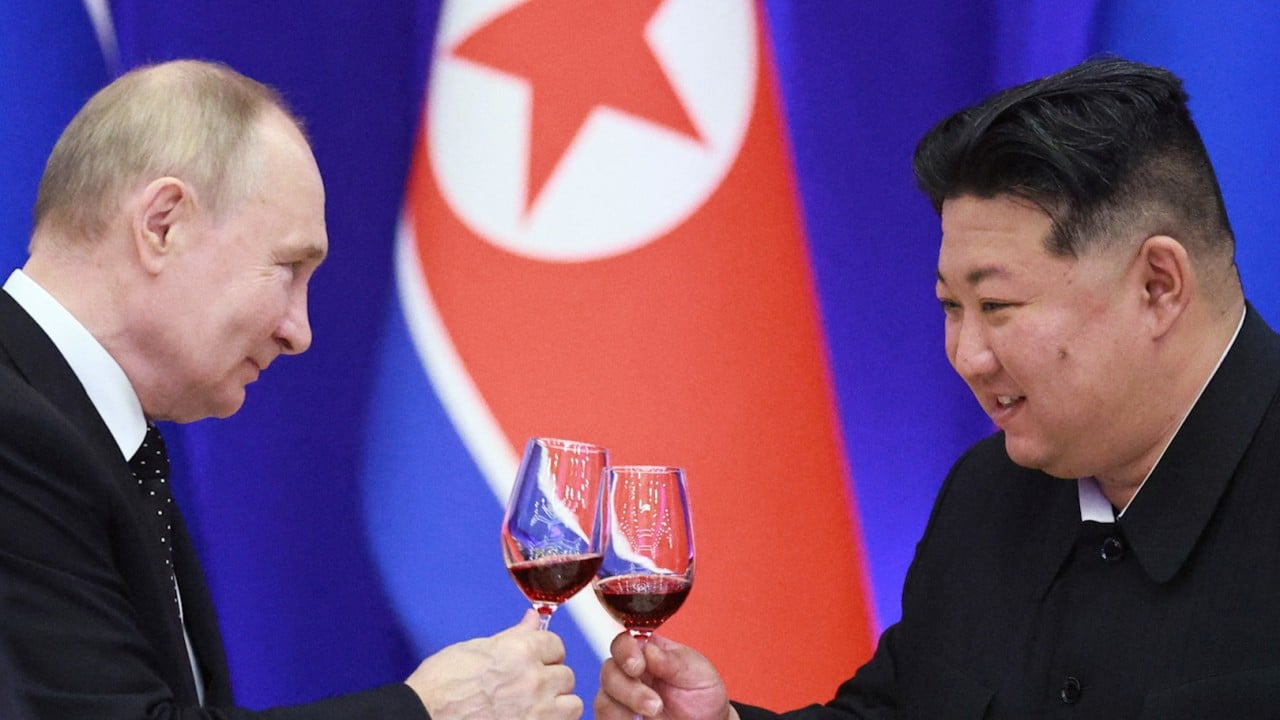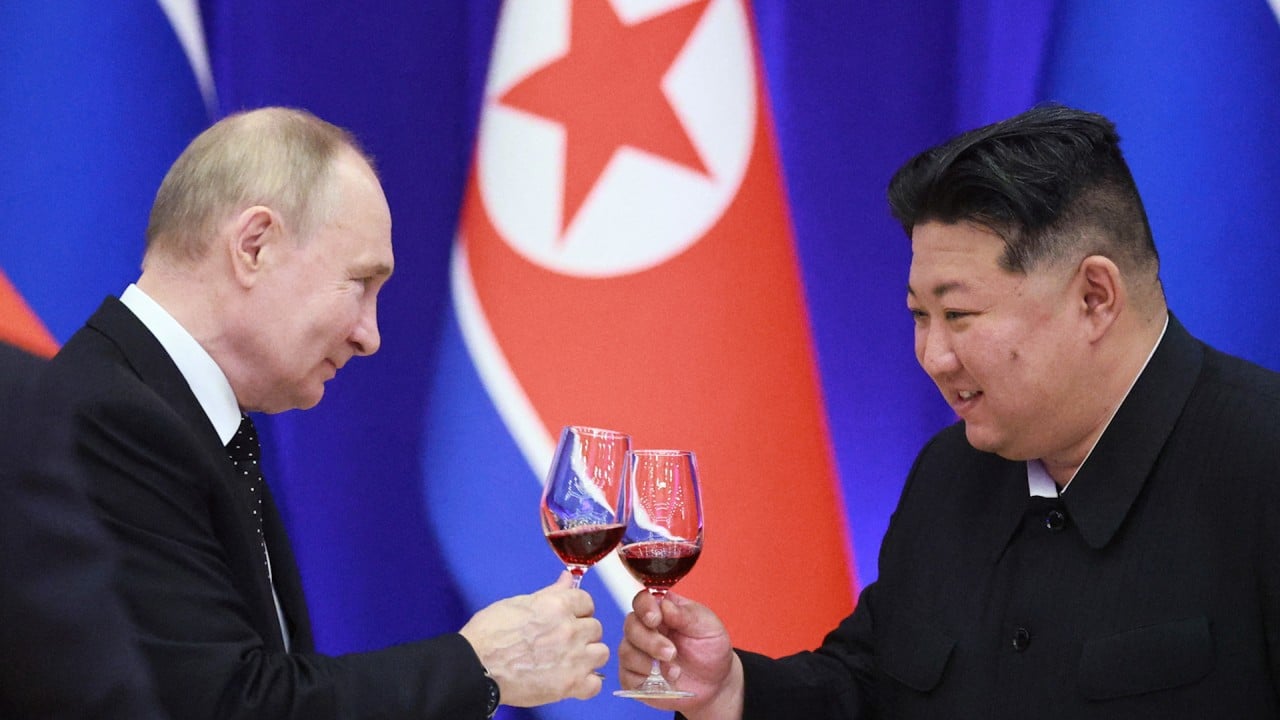The country most impacted by the fallout from the treaty between Russia and North Korea is China. North Korea’s supply of military aid to Russia has put China’s diplomatic front on high alert. In a severe setback, China’s leverage over North Korea has begun to wane, leading to fractures in their bilateral relationship.
The strain between North Korea and China is a predictable outcome based on North Korea’s historical pattern of “pendulum diplomacy”. This strategy of shifting between major powers to advance its national interests has made both China and Russia targets of North Korea’s balancing act.
Additionally, there is concern that China could fall into a kind of alliance entrapment if North Korea and Russia engage in joint military action. Even if relations between North Korea and China deteriorate, the North Korea-China-Russia trilateral system is likely to come into play during a conflict, potentially reverting the region to a dark period.
The close alignment between North Korea and Russia is also detrimental to China due to the North Atlantic Treaty Organization’s (Nato) swift expansion into Asia. The Nato-IP4 security alignment has led to the creation of a robust maritime military network in the Indo-Pacific region. China’s maritime security zone has become a potentially perilous area.
It’s likely that Russian President Vladimir Putin did not foresee that his war in Ukraine would cast such ominous shadows over Asia, and especially China. This situation underscores the lesson that many wars stem from political leaders’ misperceptions and misjudgments.
From this viewpoint, China’s discomfort with the North Korea-Russia alignment is evident. China is understandably concerned about Kim Jong-un’s willingness to get involved in Putin’s risky war ventures. This highlights the urgent need for China to transition its North Korean strategy from defensive engagement to a more assertive approach.
Beijing’s approach has gained attention amid rumours about a supposed shift in its stance on repatriating tens of thousands of North Korean workers. The situation might have reached a point where China can no longer disregard UN Security Council Resolution 2397, which calls for their repatriation.

Suspected riots among these workers due to unpaid wages may heighten the likelihood that China pursues a tougher stance in light of the North Korea-Russia alignment. However, given China’s foreign policy approach, particularly its preference for behind-the-scenes diplomacy, it is unlikely that it will enforce full repatriation.
But amid deepened ties between North Korea and Russia, there has been a decline in maritime trade between North Korea and China. Furthermore, the Chinese ambassador in Pyongyang was reportedly absent from an anti-American rally held in Pyongyang on the anniversary of the Korean war. South Korean experts interpret these development as indications that China has started putting pressure on North Korea.
The blood alliance that formed after the Korean war has evolved into a dynamic where North Korea perceives China as an unreliable partner, while China regards North Korea as a troublesome ally. This is vividly illustrated by Kim Jong-un’s rumoured distrust towards China. In his memoir, former US secretary of state Mike Pompeo claimed that Kim had told him that if US troops withdrew from the Korean peninsula, North Korea would become a peripheral region of China.
North Korea’s ambivalent attitude towards China hasn’t emerged overnight. North Korea’s deep commitment to political sovereignty has led it to frequently act independently of China.
At the same time, China has not treated North Korea as a genuine ally; rather, it has maintained a passive stance, adhering to a policy of preserving the status quo on the Korean peninsula. This approach has ultimately backfired, pushing the bilateral relationship towards a breaking point.

China’s approach to North Korea has not been successful. It has permitted North Korea to become a nuclear missile power and also led to the collapse of pro-China factions within North Korea.
China must move from a strategy of persuasion to one of more aggressive engagement and swiftly adjust how it uses its leverage over North Korea. Meanwhile, the US-South Korea alliance has inadvertently given North Korea too many opportunities to learn from the actions of its rivals, making standard methods of pressure insufficient to alter Pyongyang’s behaviour.
China has several practical reasons to adopt an offensive engagement approach. First, it wants to avoid being associated with North Korea and Russia. With Putin already facing an arrest warrant from the International Criminal Court (ICC), there is increasing pressure for Kim, who has supported Putin’s war, to also be referred to the ICC. As a permanent member of the UN Security Council and an ally of North Korea, China has exceeded its red line in supporting and tolerating Kim’s behaviour.
Second, as North Korea deepens its alignment with Russia, the risk of conflict on the Korean peninsula has increased, leading to a stronger security alliance among South Korea, the US and Japan. If North Korea were to become a military outpost for Russia, it would directly threaten China’s security.
Third, China seeks to maintain and strengthen the geopolitical symbiosis and mutual prosperity framework with South Korea and Japan in Northeast Asia. This trilateral cooperation not only mitigates regional geopolitical tensions but also serves as a catalyst for enhancing the safety of the Korean peninsula.
As long as China remains mired in the historical Northern triangle alliance, it risks substantial setbacks to its security and its Belt and Road Initiative. The Chinese leadership must acknowledge that the close ties between North Korea and Russia are now testing China’s diplomatic capabilities.
Lee Min-Yong is a visiting professor in the School of Global Service at Sookmyung Women’s University, South Korea



